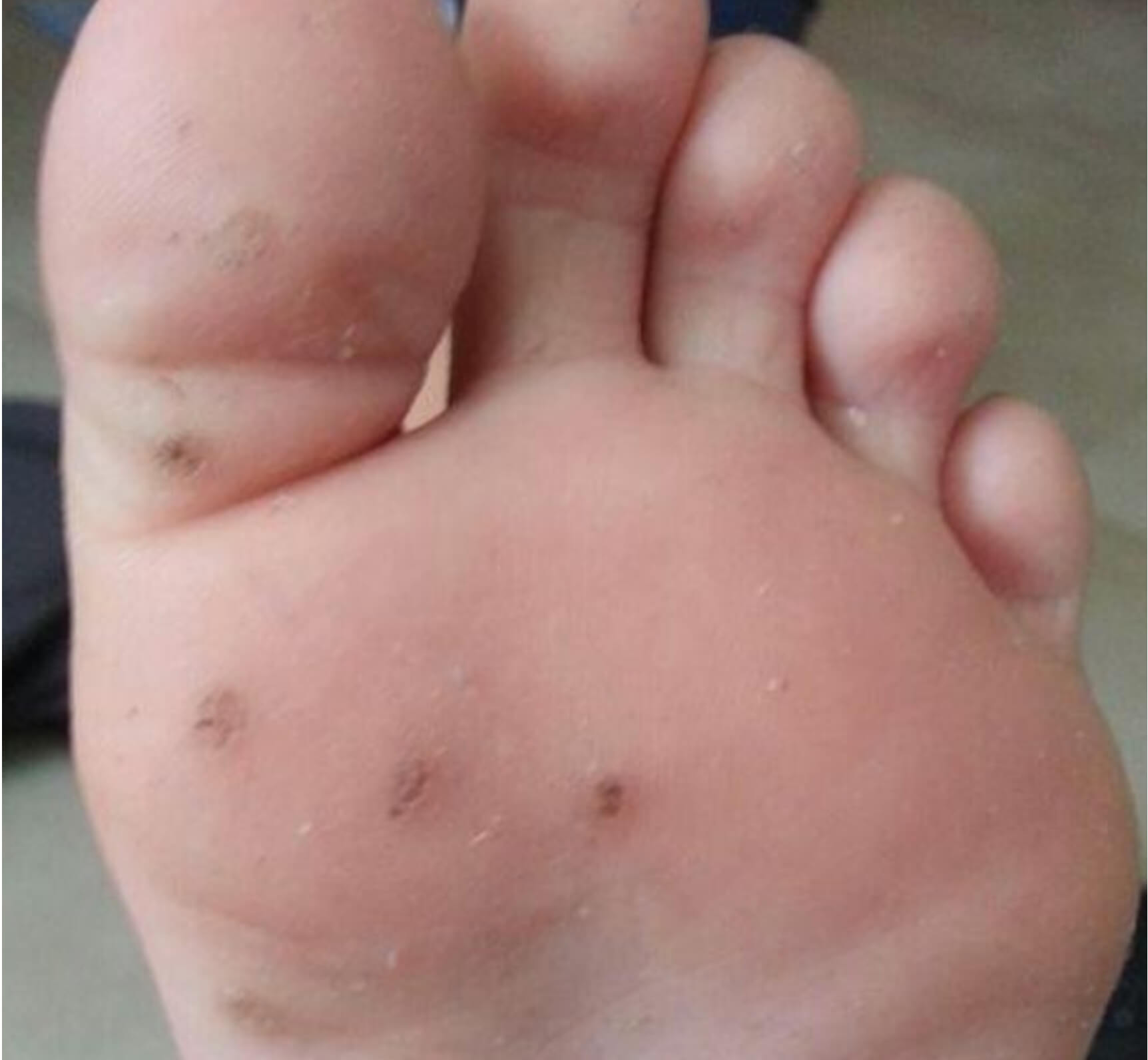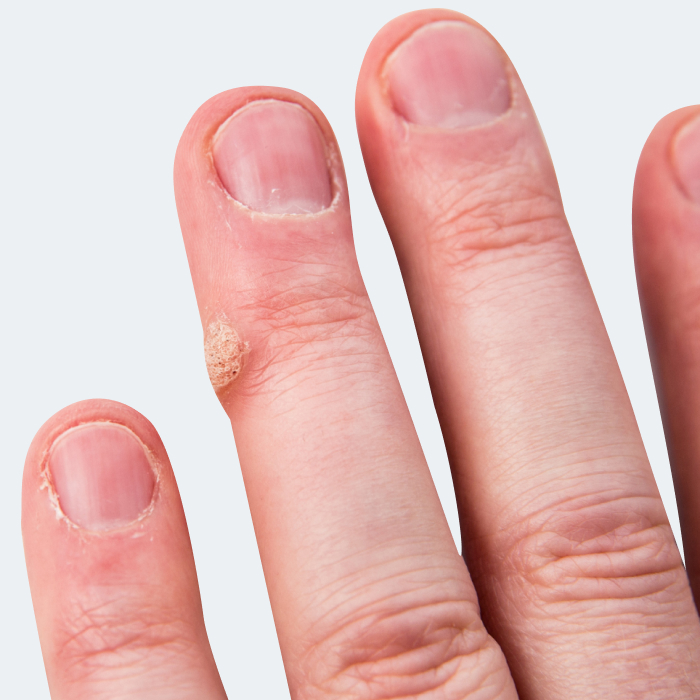Warts Removal by
Warts are skin-colored growths, scaly and rough to the touch, but they can be also dark, flat, and smooth. They are non-cancerous skin growths caused by a viral infection in the top layer of the skin. Viruses that cause warts are called Human Papillomavirus (HPV).
Why Choose Dr. Wong Soon Tee
Friendly & Experienced Specialist
Dr. Wong connects well with his patients & he is a specialist with over 30 years of experience.
Dedicated & Focused Patient Care
Dr. Wong will manage every step of his patient’s skin healing journey.
Safe & Effective Treatments
We offer a selection of carefully curated FDA & HSA-approved treatments that give effective results.
- MBBS, Yong Loo Lin School of Medicine, Singapore
- MRCP. Member of Royal College of Physicians, United Kingdom
- FAMS, Fellow of Academy of Medicine, Singapore
- Adjunct Assistant Professor, National University of Singapore
- Visiting Consultant, University Dermatology Division, National University Hospital
- Visiting Consultant, Aesthetic Plastic Surgery Centre, National University Hospital


How many kinds of Warts are there?
There are several kinds of warts including:
- Common warts
- Foot (Plantar) warts
- Flat warts
- Genital warts
They are most common on the hands, feet and face but they can grow almost anywhere in the body. They are infectious and some people are more susceptible to this infection than others.
Kinds Of Warts
Common warts
Usually grow on the fingers, around the nails, and on the backs of the hands. These are often called “seed” warts because the blood vessels to the wart produce black dots that look like seeds.
Foot warts
Are usually on the soles of the feet and are called plantar warts. Most plantar warts do not stick out above the surface like common warts because the pressure of walking flattens them and pushes them back into the skin. Plantar warts can be painful, feeling like a stone in the shoe.
Flat warts
Are smaller and smoother than other warts. They tend to grow in large numbers, 20 to 100 at any one time. They can occur anywhere, but in children, they are most common on the face. In adults, they are often found in the beard area in men and on the legs in women. Virus seeding from shaving probably accounts for this.
Genital warts
Usually sexually transmitted and they can be rough or smooth surfaced and are typically flesh colored. Genital warts may be large or small and can be found as a single growth or in a group. They can appear on the external genital skin, inside the vagina, or in the anus. Only a small percentage of people infected with HPV will develop genital warts. Many people are “carriers” of HPV and may never develop warts, but may still be able to pass HPV to their sexual partners. Although the incubation period from contracting HPV until the development of warts is usually several months, some people may not develop warts until 1-2 years later.
Restore Your Skin
Dr. Wong Soon Tee is a MOH accredited Skin Specialist for more than 30 years. To get rid of your warts, seek effective treatments today. Call Assurance Skin Clinic at +65 6694 1121 for an appointment.
Our Clinic Location
-
Mount Elizabeth Novena Specialist Centre
#10-22/23, 38 Irrawaddy Road,
Singapore 329563 - +65 6694 1121
- +65 9724 4911(WhatsApp)
- enquiry@assuranceskin.com
-
Mon, Tues, Wed, Fri: 9am - 5pm
Thurs & Sat: 9am - 12.30pm
Sun & Public Holidays: Closed
Book An Appointment
Leave us your details and our clinic will get back to you shortly.
For Faster Response, Call Us!
+65 6694 1121
Chat with our friendly clinic staff through Whatsapp!
Frequently Asked Questions About Warts
-
How do you get warts?
Warts are passed from person to person, sometimes indirectly. Patients with plantar warts are likely to have contracted the virus from walking bare-footed in swimming pools, common shower areas.
-
Why do some people get warts and others don’t?
Some people are just more likely to catch the HPV than others are. Patients with a weakened immune system are also more prone to HPV infection. Warts also occur more easily if the skin has been damaged in some way e.g. the high incidence of warts in children who bite their fingernails.
-
Do warts need to be treated?
In children, warts can disappear without treatment over a period of several months to years. However, warts that are bothersome, painful, or rapidly multiplying should be treated.
Warts in adults often do not disappear as easily or as quickly as they do in children. Hence, it is advisable for adults with warts to go for treatment.
-
How do Dermatologists treat warts?
Your Dermatologist may recommend you the following treatments:
- Topical medication: There is usually minimal discomfort but it can take many weeks or months for treatment to succeed. Treatment should be stopped temporarily if the wart becomes sore.
- Topical immunomodulator cream which attempts to stimulate the body’s own immune system to eliminate the Human Papilloma Virus.
- Cryotherapy (freezing): A commonly used treatment and repeat treatments at two to four-weekly intervals are necessary.
- Electrosurgery or Laser surgery: These methods are used for resistant warts that have not responded to other therapies.
- Other applications like tretinoin and glycolic acid are often used for treating multiple flat warts.

